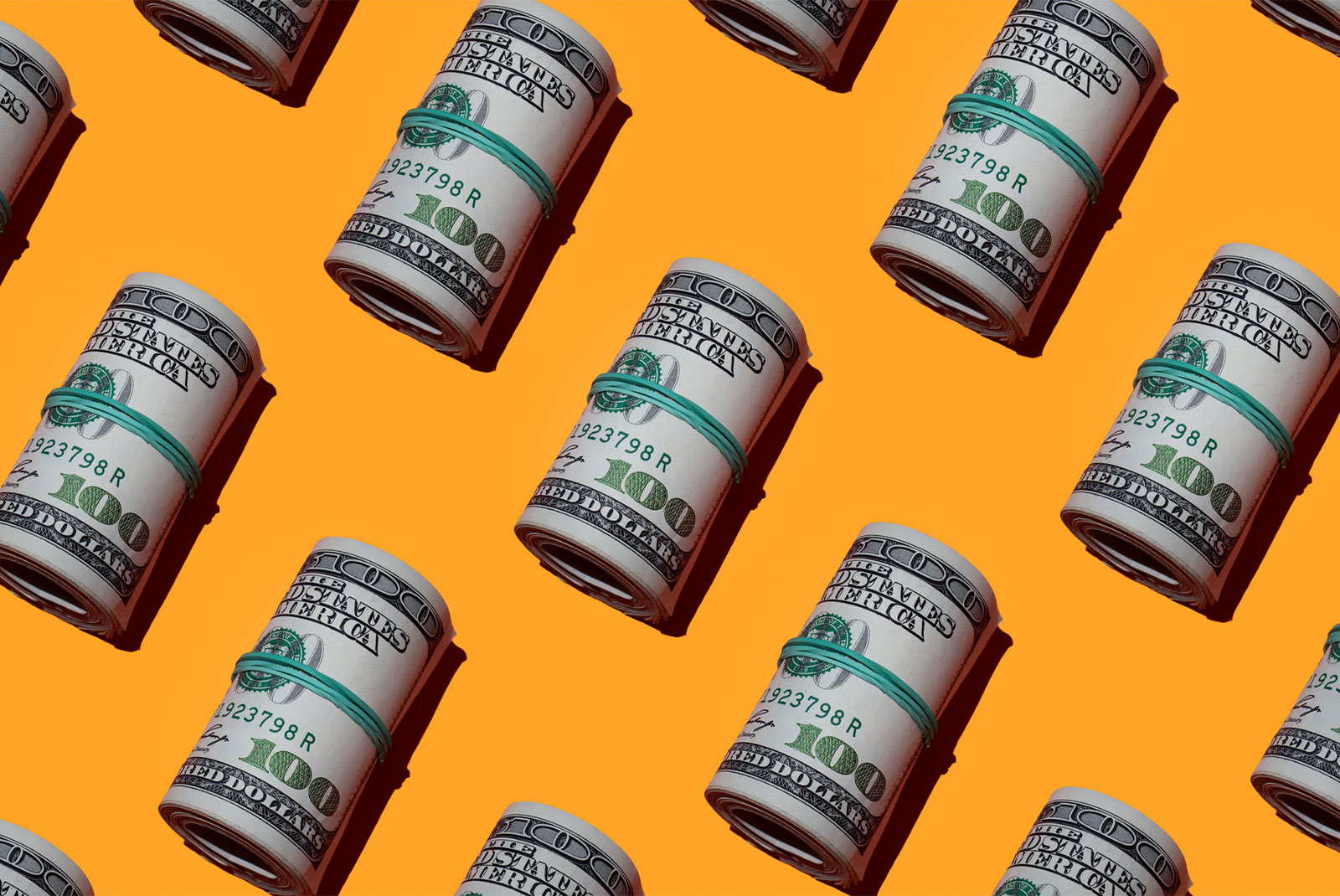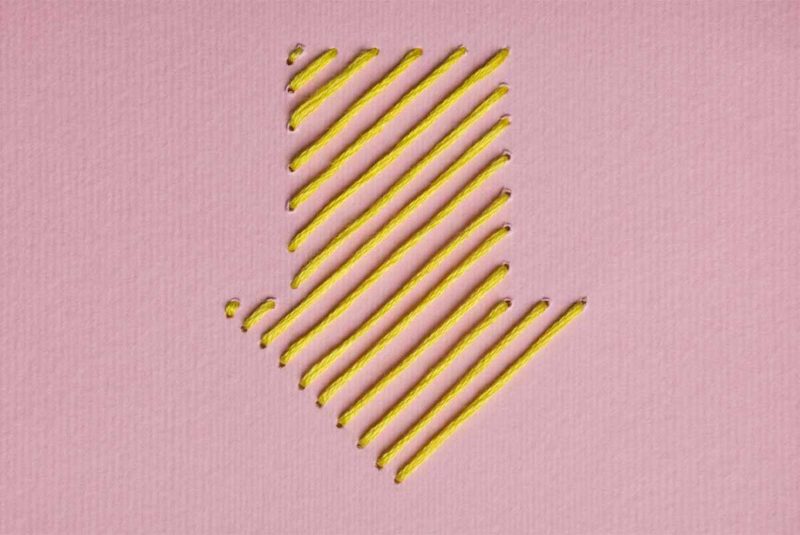Did you ever make a purchase that turned out to be a scam? If you paid with cash or a check, there’s a good chance you had to kiss that money goodbye. But if you make a habit of paying with a credit card, you may be able to recuperate your funds when purchases don’t work out as planned.
Credit cards come with many consumer protections that can help you safeguard your finances. One such protection is the credit card chargeback. Read on for more information about chargebacks and how they can help when you’re dealing with low-quality goods or services, missing or damaged deliveries, credit card fraud, billing errors, and similar issues.
What Is a Credit Card Chargeback?
A chargeback is a tool you can use to try to get your money back when you have a problem with a purchase posted on your credit card account. It’s a dispute you file with your credit card company if you can’t get a refund from the merchant or service provider that charged you.
When your card issuer receives a chargeback dispute, it looks into your claim and gives the merchant who processed the purchase a chance to respond. If necessary, your issuing bank may also get the credit card network (Visa, Mastercard, American Express, or Discover) involved in the process. Should the investigation end in your favor, the disputed charge will be reversed.
How Do Chargebacks on Credit Cards Work? Or Is a Chargeback the Same as a Refund?
As you can see, credit card chargebacks differ from refunds. A refund is something you initiate with a retailer or service provider when you’re unhappy with a purchase. For instance, you might buy a shirt only to discover that it doesn’t fit you when you get home. You take the shirt back to the store, show your receipt, and ask for your money back. Depending on the retailer’s return policy, it may agree to refund or exchange your purchase.
A chargeback, on the other hand, might be in order if you buy a shirt online that never arrives. Or perhaps the shirt arrives, but it’s damaged or not as described. If the merchant ignores you or refuses to make things right, you may need to dispute the charge.
In general, you should try to work things out with the merchant or service provider before you escalate to a chargeback. But skip this step and move straight to the dispute process if you suspect you’re a victim of credit card fraud.
When Can You Ask for a Credit Card Chargeback?
You have the right to dispute certain types of charges on your credit card account thanks to the Fair Credit Billing Act (FCBA). The FCBA applies to “open end” credit accounts like credit cards, and protects you from billing errors and unfair practices. Debit card transactions, however, don’t qualify for FCBA protections — something you should consider if you’re weighing debit card vs. credit card pros and cons.
Common reasons to exercise your rights under the FCBA and file a chargeback dispute may include:
- Fraudulent or unauthorized charges on your account
- Charges for goods and services you never received
- Damaged, defective merchandise or merchandise that isn’t as described
- Incorrect transaction amount on your credit card statement
- Charged for a service after you cancel
- A merchant never issues a promised refund
- Charged twice (or more) for the same transaction
As you can see, there are several common reasons you might want to dispute a credit card charge. Perhaps you went to a restaurant and ordered takeout. Your dinner totaled $24.99 and you left a $5.00 tip. However, when your billing statement arrives, you notice the charge from the restaurant is $39.99 instead of the $29.99 you authorized. This is a fraudulent charge, and it would be a legitimate reason to dispute the transaction and request a chargeback.
Another example of a time you might want to dispute a charge could be if you order something online but never receive the package. In the meantime, the e-commerce merchant charges your credit card for the purchase. If you reach out to the company but it refuses to help you, you can request a chargeback with your card issuer and (hopefully) receive a transaction reversal.
How Do You File a Credit Card Chargeback?
When you disagree with a charge on your credit card, you should generally ask for a refund from the store, online vendor, or service provider before you begin the chargeback process. Businesses face negative consequences from chargebacks. So, it’s only fair to give them an opportunity to correct the problem.
However, if a business won’t address your concerns, you can follow these basic steps to request a chargeback. (Exact chargeback steps may be different with your credit card issuer and network.)
- Start with the seller: Give the company that charged you the opportunity to fix the problem. If you can resolve the situation with a refund, it’s quicker and easier for everyone.
- Notify your credit card issuer: You may be able to file your dispute by phone or online. If you can’t file a chargeback online or via phone (or if you don’t want to), you’ll need to mail a letter. You can use the Federal Trade Commission’s sample letter for disputing billing errors as a guide. When mailing a chargeback request, it’s best to send the letter by certified mail and request a return receipt. Be sure to use the address for billing inquiries, not the address where you mail your payments. If you suspect fraud as the reason for the chargeback, tell your card issuer so your dispute will receive special attention.
- Gather your proof: Your card issuer might ask for copies of receipts, invoices, or other paperwork that supports your dispute. It’s helpful to have this information ready in advance, in case you need to submit it.
- Don’t wait: Your right to file a chargeback comes with a time limit. So, whatever your chargeback reason, be sure to act quickly. Per the FCBA, you have 60 days from the receipt of your credit card statement to dispute a charge on your account. (Note: Some credit card companies give you a 120-day time frame to file chargebacks as a matter of customer service.)
What Happens After You File a Chargeback?
When you file a chargeback dispute, your creditor has 30 days to acknowledge receipt of your complaint. Then, an investigation begins. Your creditor must notify you of the outcome of your dispute within two billing cycles or 90 days — whichever comes first.
During the investigation, you don’t have to pay the disputed amount or the finance charges associated with it. But the rest of your credit card bill will be due as usual. Remember to make at least the minimum payment on your account to avoid late fees and credit problems.
When the investigation period ends, the outcome will generally be one of the following:
- Your card issuer agrees with you and credits the disputed amount back to your account.
- You owe a portion of the amount you challenged, so you have to make a payment.
- The bill was correct, so you owe and must pay the entire amount, plus any associated interest charges.
No matter the outcome, the FCBA makes your card issuer update you in writing. If you still owe all or a portion of a disputed charge, your creditor must explain how much you owe and why.
Your Options if You Still Disagree
If you disagree with the results of a chargeback investigation, you have three options.
- Contact your creditor within 10 days to state that you will not pay the disputed amount: However, there are consequences to making this decision. Your issuing bank may report you as late when you miss a payment, but it has to add a note to your credit report stating you don’t believe you owe the debt. Even with this note, your credit scores may still decline.
- File a complaint with the Federal Trade Commission: You can submit an online complaint with the FTC if you think a creditor has violated your rights.
- Hire a lawyer: Any attorney who specializes in the FCBA may be able to help if you can’t resolve the situation on your own.
Credit Card Chargeback Fees
You never have to pay fees when you file a credit card chargeback, regardless of the investigation’s outcome. However, that’s not the case for merchants.
If an investigation doesn’t end in a merchant’s favor, the business’ merchant account provider (aka payment processor) may charge the business fees. Too many chargebacks could also result in the loss of a business’ merchant services account, meaning it would no longer be able to accept credit card payments until a new or backup merchant account is in place.
You should usually try to work with merchants before you file a chargeback. Businesses face potentially dire consequences when they receive too many credit card chargebacks.
Often, just the threat of a chargeback may be enough to convince a business to do the right thing. If a business won’t refund a purchase when you strongly believe it should, telling the company you plan to file a dispute might motivate it to refund your money rather than facing potential problems with its merchant account provider.
Remember, chargebacks play an important role in protecting cardholders, but they shouldn’t be abused. Don’t dispute credit card transactions simply because you regret your purchases or don’t want to pay. Illegitimate credit card disputes are called friendly fraud and could get you into serious trouble.
Can Chargebacks Hurt Your Credit and Credit Scores?
Chargebacks won’t affect your credit scores. But an account might say “in dispute” on your credit reports during the investigation period. Dispute notations on credit reports may temporarily make it difficult to qualify for a new loan, especially in the mortgage world.
Following your chargeback investigation, if you owe any or all of the disputed amount you’ll need to pay it or face potentially negative credit consequences. If you don’t pay, your credit scores are likely to decline — perhaps significantly. Payment history, after all, makes up 35% of your FICO® credit scores.
The Takeaway
Credit card chargebacks protect consumers, but you should never abuse them. Yet if there are unauthorized transactions on your account or you didn’t get what you paid for, you can and probably should take action.
First, give the merchant or service provider a chance to fix the problem. (With a fraudulent transaction, you may need to go straight to your credit card’s issuing bank.) If you reach out and aren’t satisfied with a merchant’s response, be sure to file your credit card chargeback in a timely manner.
The government has several protections in place, so you can use credit cards with complete confidence. But, if you lose a chargeback dispute, it’s critical to pay what you owe. Although it may be frustrating, it’s more important to preserve your credit scores and keep negative information off your credit reports. Otherwise, you may face a new problem in the future — finding ways to rebuild your damaged credit.
The Short Version
- Credit card chargebacks provide recourse if you make a purchase and the merchant doesn’t deliver as promised, or if unauthorized transactions appear on your account
- A chargeback is a dispute you file with your credit card company if you can’t get a refund from the merchant or service provider that charged you
- Credit card chargebacks differ from refunds. A refund is something you initiate with a retailer or service provider when you’re unhappy with a purchase




